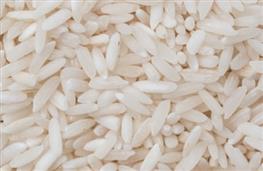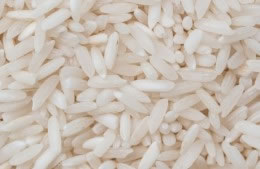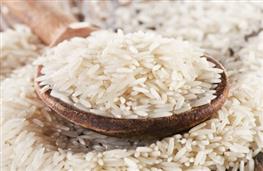Carbohydrate
Health benefits of Carbohydrate:
Carbohydrates provide a source of energy for every single cell in the body and they provide the energy required to ensure the function of every organ of the body (e.g. the brain, nervous system, liver and musculoskeletal system)
The Worlds Science
See the bottom of this page for the ingredients highest in carbohydrate
Carbohydrates provide a source of energy for every single cell in the body. Therefore, they provide the energy required to ensure the function of every organ of the body (e.g. the brain, nervous system, liver and musculoskeletal system).
What are carbohydrates?
Carbohydrates are biological molecules composed of carbon, oxygen and hydrogen atoms. They vary in size and are classified according to size as follows.
1. Mono and Disaccharides: These have 1 or 2 sugar molecules (e.g. glucose and sucrose)
2. Oligosaccharides: These have between 3 and 9 sugar molecules (e.g. raffinose and stachyose)
3. Polysaccharides: These have more than 10 or more sugar molecules (e.g. starch and fibre)
Larger carbohydrates are broken down by digestive enzymes to yield glucose which is then used in the mitochondria of cells to generate the energy that is needed to support life1.
Why does it matter to me?
Carbohydrates are usually the main energy source for the body. Even in circumstances during which the body uses fats and proteins to generate energy (e.g. during periods of fasting or starvation) it does so by converting them to glucose by a process called ‘gluconeogenesis’2.
Moreover, carbohydrates have functions which contribute specific aspects of human health.
Carbohydrates contribute to the maintenance of normal brain function
Glucose provides the principal source of energy for all cells of both the central and peripheral nervous system3. The brain contains tens of billions of nerve cells which makes it the most energy demanding organ in the human body4.
Brain functions such as thinking, memory, and learning are closely linked to glucose levels and how efficiently the brain uses this fuel source. If there isn’t enough glucose in the brain, for example, neurotransmitters, the brain’s chemical messengers, are not produced and communication between neurons breaks down.
In addition, hypoglycaemia, a common complication of diabetes caused by low glucose levels in the blood, can lead to loss of energy for brain function and is linked to poor attention and cognitive function5,6.
Carbohydrates contribute to the recovery of normal muscle function (contraction) after highly intensive and/or long-lasting physical exercise leading to muscle fatigue and the depletion of glycogen stores in skeletal muscle
Skeletal muscles are the tissue that transforms chemical energy to mechanical work and therefore they use the majority of energy during exercise. Glycogen consists of multiple glucose molecules linked together in a linear chain. Glycogen can be classified as either an oligosaccharide or a polysaccharide, depending on the number of glucose molecules present in the specific glycogen molecule. It is the main source of energy used by muscles during high intensity or prolonged physical exercise7.
Therefore, to ensure that skeletal muscle integrity and function is maintained following exercise it is important for athletes and others to consume enough carbohydrate to maintain muscle glycogen stores at their optimal level, preferably from natural unrefined sources (e.g. whole grains, fruit and vegetables)8,9.
Although processed carbohydrates (e.g. white bread and rice, sugary drinks and pastries) will be converted to glycogen they are not recommended because they lack nutritional value since they do not contain the phytochemicals (e.g. carotenoids and flavonoids) that are present in unrefined foods10.
In addition, there is compelling evidence to suggest that the regular consumption of processed carbohydrates can give rise to weight gain which can lead to individuals becoming either overweight or obese11.
Health benefits of Carbohydrate:
Carbohydrates provide a source of energy for every single cell in the body. Therefore, they provide the energy required to ensure the function of every organ of the body (e.g. the brain, nervous system, liver and musculoskeletal system).
What are carbohydrates?
Carbohydrates are biological molecules composed of carbon, oxygen and hydrogen atoms. They vary in size and are classified according to size as follows.
1. Mono and Disaccharides: These have 1 or 2 sugar molecules (e.g. glucose and sucrose)
2. Oligosaccharides: These have between 3 and 9 sugar molecules (e.g. raffinose and stachyose)
3. Polysaccharides: These have more than 10 or more sugar molecules (e.g. starch and fibre)
Larger carbohydrates are broken down by digestive enzymes to yield glucose which is then used in the mitochondria of cells to generate the energy that is needed to support life1.
Why does it matter to me?
Carbohydrates are usually the main energy source for the body. Even in circumstances during which the body uses fats and proteins to generate energy (e.g. during periods of fasting or starvation) it does so by converting them to glucose by a process called ‘gluconeogenesis’2.
Moreover, carbohydrates have functions which contribute specific aspects of human health.
Carbohydrates contribute to the maintenance of normal brain function
Glucose provides the principal source of energy for all cells of both the central and peripheral nervous system3. The brain contains tens of billions of nerve cells which makes it the most energy demanding organ in the human body4.
Brain functions such as thinking, memory, and learning are closely linked to glucose levels and how efficiently the brain uses this fuel source. If there isn’t enough glucose in the brain, for example, neurotransmitters, the brain’s chemical messengers, are not produced and communication between neurons breaks down.
In addition, hypoglycaemia, a common complication of diabetes caused by low glucose levels in the blood, can lead to loss of energy for brain function and is linked to poor attention and cognitive function5,6.
Carbohydrates contribute to the recovery of normal muscle function (contraction) after highly intensive and/or long-lasting physical exercise leading to muscle fatigue and the depletion of glycogen stores in skeletal muscle
Skeletal muscles are the tissue that transforms chemical energy to mechanical work and therefore they use the majority of energy during exercise. Glycogen consists of multiple glucose molecules linked together in a linear chain. Glycogen can be classified as either an oligosaccharide or a polysaccharide, depending on the number of glucose molecules present in the specific glycogen molecule. It is the main source of energy used by muscles during high intensity or prolonged physical exercise7.
Therefore, to ensure that skeletal muscle integrity and function is maintained following exercise it is important for athletes and others to consume enough carbohydrate to maintain muscle glycogen stores at their optimal level, preferably from natural unrefined sources (e.g. whole grains, fruit and vegetables)8,9.
Although processed carbohydrates (e.g. white bread and rice, sugary drinks and pastries) will be converted to glycogen they are not recommended because they lack nutritional value since they do not contain the phytochemicals (e.g. carotenoids and flavonoids) that are present in unrefined foods10.
In addition, there is compelling evidence to suggest that the regular consumption of processed carbohydrates can give rise to weight gain which can lead to individuals becoming either overweight or obese11.
Review date: 1/12/2024
Next review date: 1/10/2025

291
445
https://www.checkyourfood.com/content/blob/Micronutrients/top-foods-for-Carbohydrate.jpg
Top 6 ingredients for Carbohydrate taking into account portion size and cooking retention factors
Filter ingredients by:

 About nutrients
About nutrients
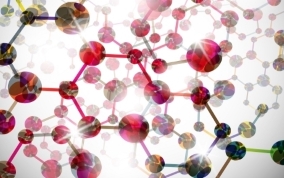 All nutrients
All nutrients
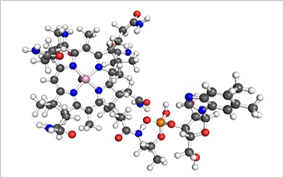 vitamins
vitamins
 minerals
minerals
 phytochemicals
phytochemicals
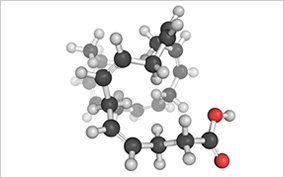 fatty acids
fatty acids
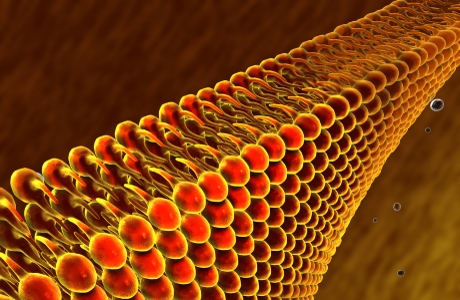 macronutrients
macronutrients
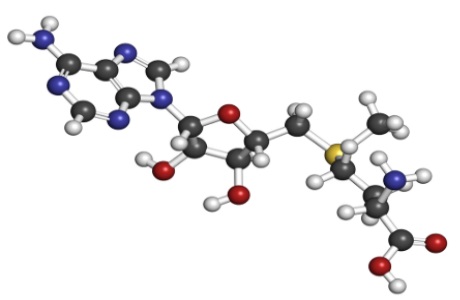 amino acids
amino acids


